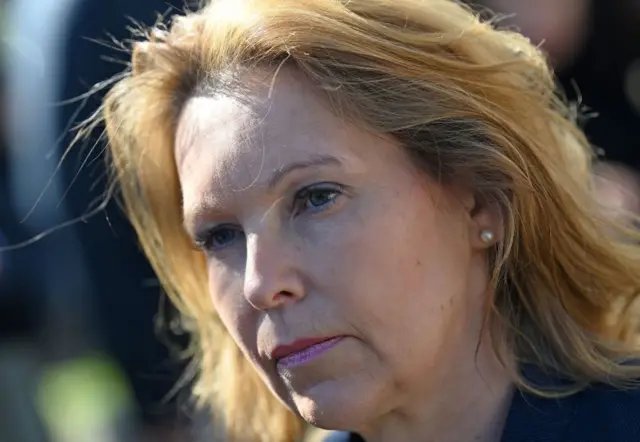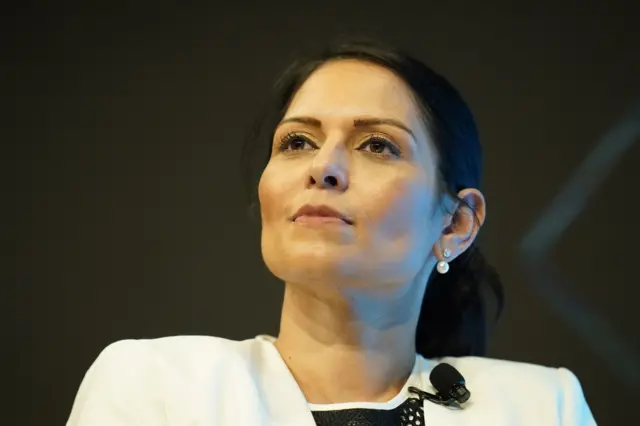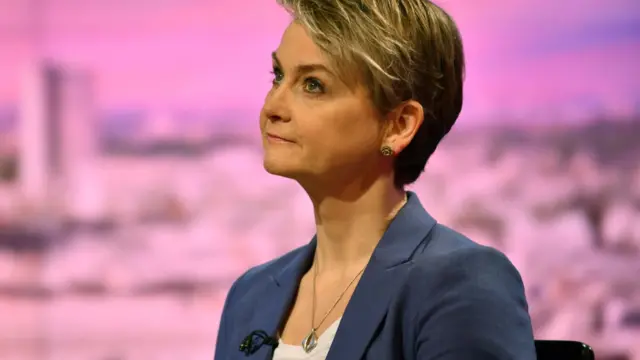A brief history of the Rwanda deportation schemepublished at 13:12 GMT 19 December 2022
Seeing as we just brought you the reaction of Boris Johnson, let's take a more detailed look at the Rwanda policy's brief but troubled history.
We have to rewind several months to April, when Johnson was prime minister and Priti Patel was home secretary.
The Home Office had, just weeks before, said that hundreds of people were making the perilous journey across the Channel to reach the UK.
Johnson said the new scheme - a pilot - to send some asylum seekers to Rwanda would "save countless lives" from human trafficking.
Meanwhile Patel, who travelled to the Rwandan capital Kigali to sign the deal, said it was a "global first" and that it would "change the way we collectively tackle illegal migration".
But human rights charities and refugee organisations immediately slammed it as cruel.
Fast forward to June, and the first flight due to take asylum seekers from the UK to Rwanda was cancelled minutes before take-off after a late intervention from the European Court of Human Rights. This led to fresh challenges in the UK courts.
Patel was "disappointed" but promised: "Preparation for the next flight begins now."
Here we are, in December, with new Prime Minister Rishi Sunak pledging to "stop the boats" - a reference to policies aimed at preventing dangerous migrant journeys on small vessels across the English Channel.
This morning's High Court judgement states that the policy to send some asylum seekers to Rwanda is lawful - but that the individual cases of eight asylum seekers must be reconsidered.








